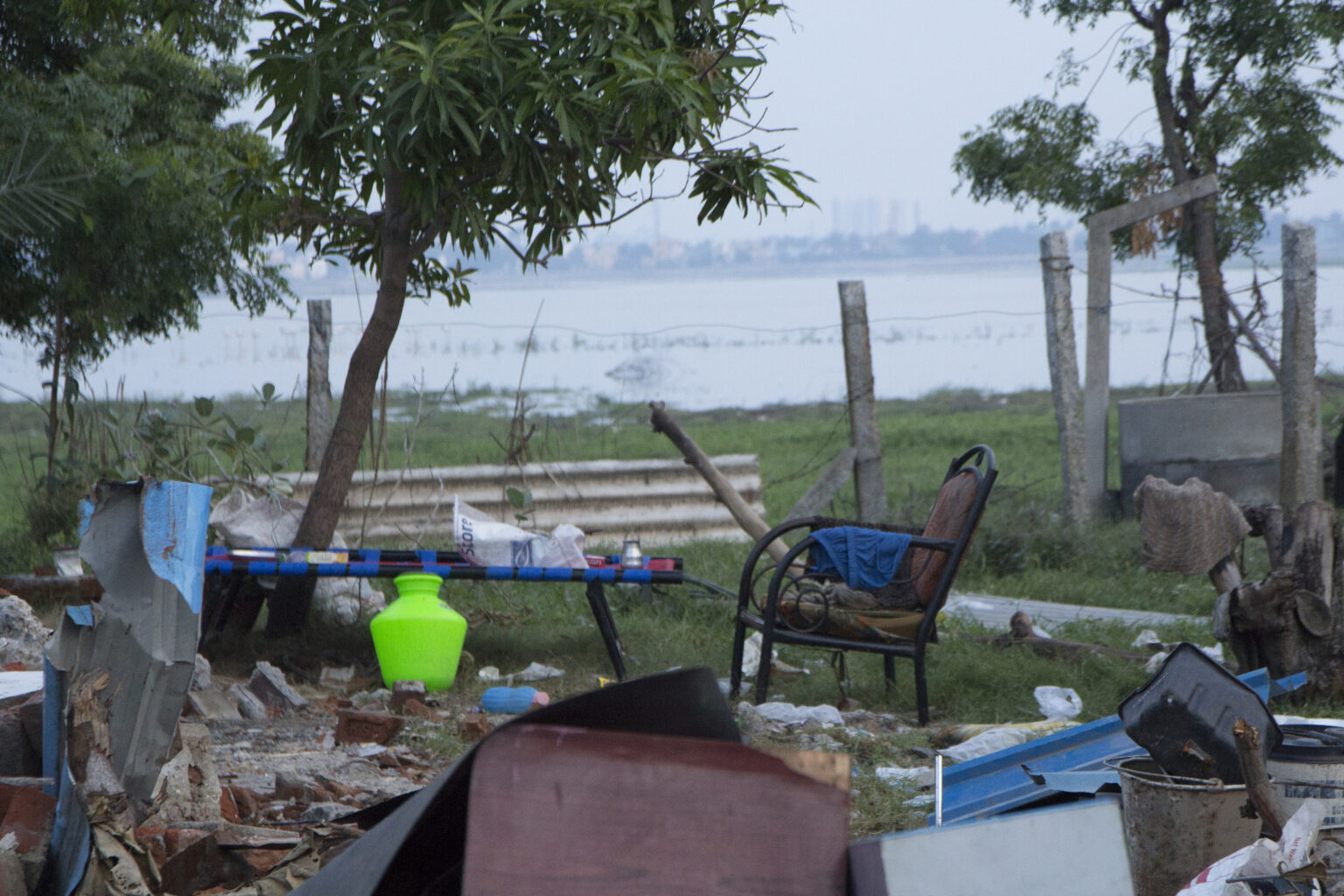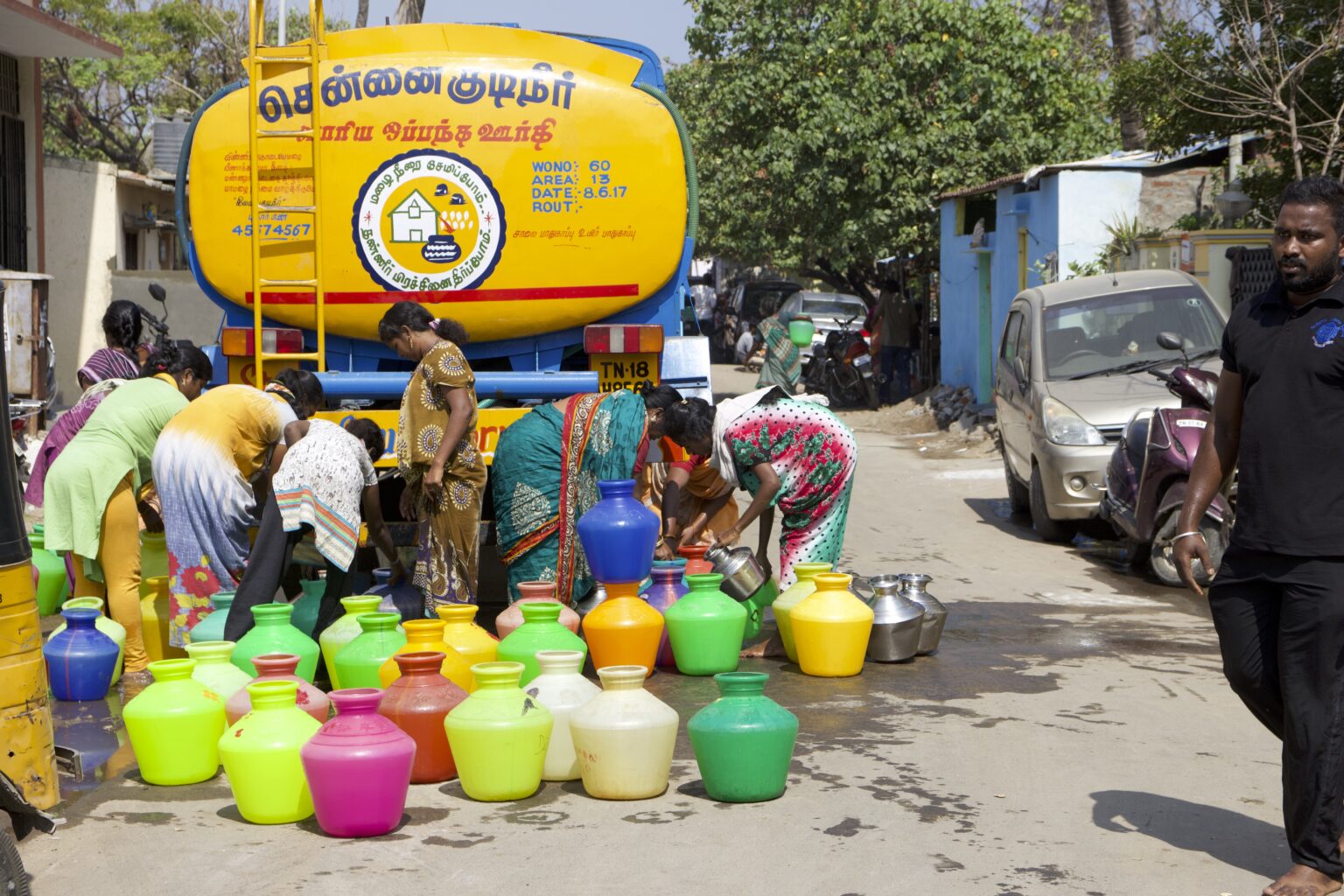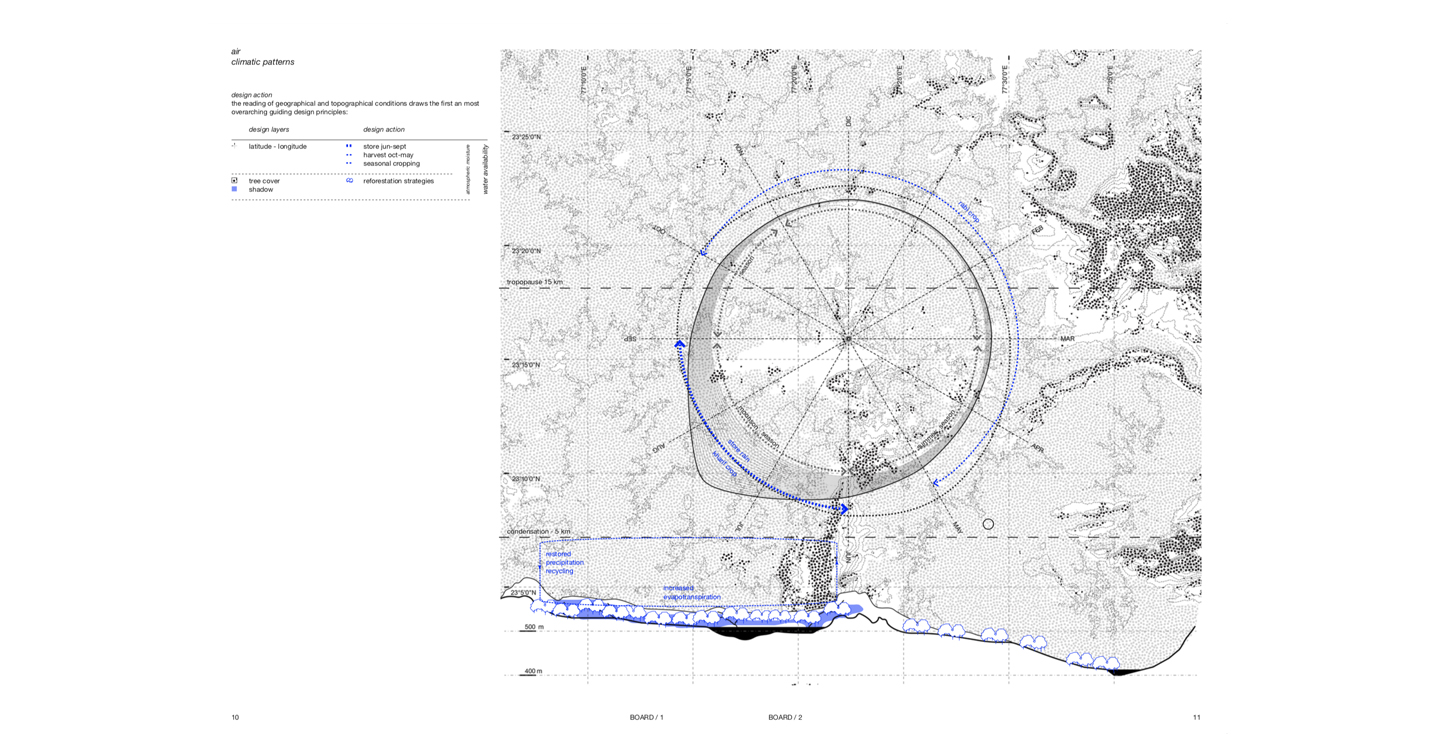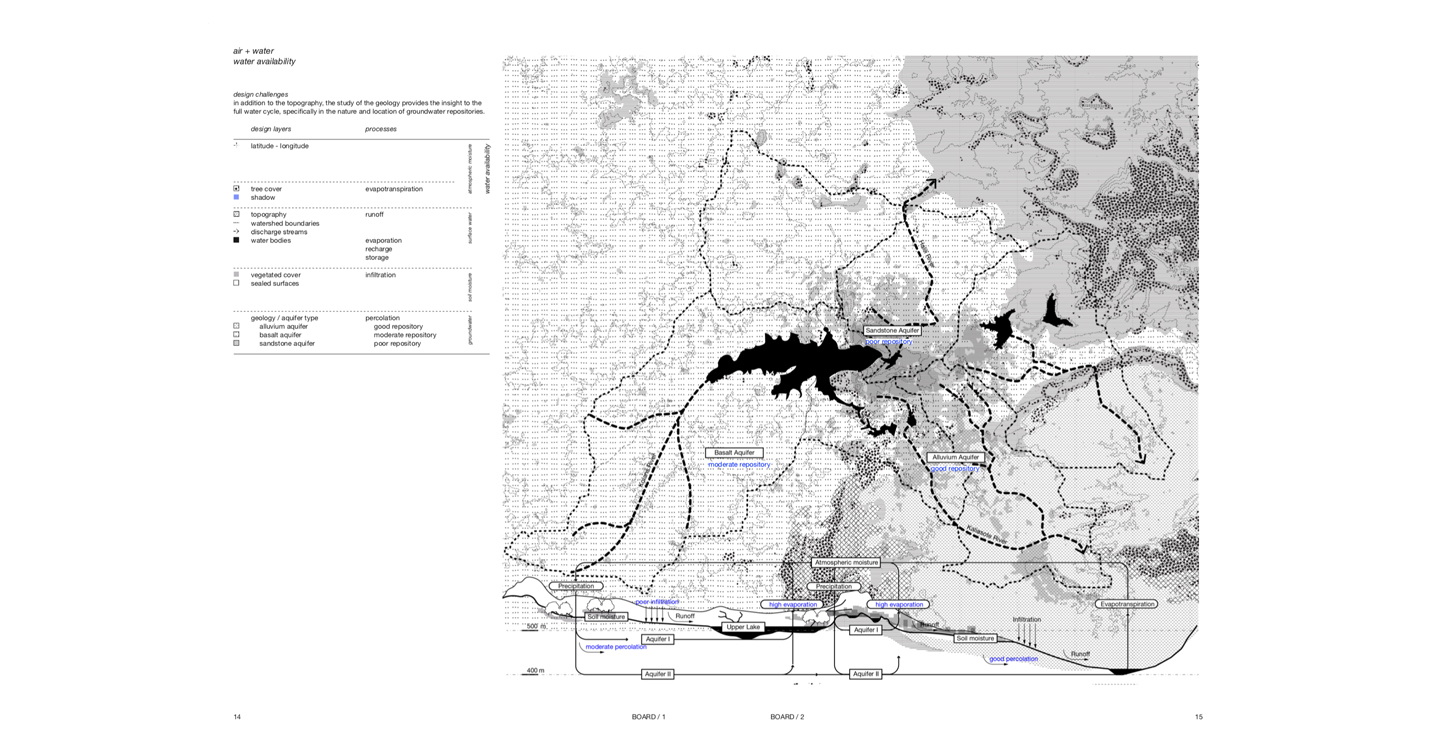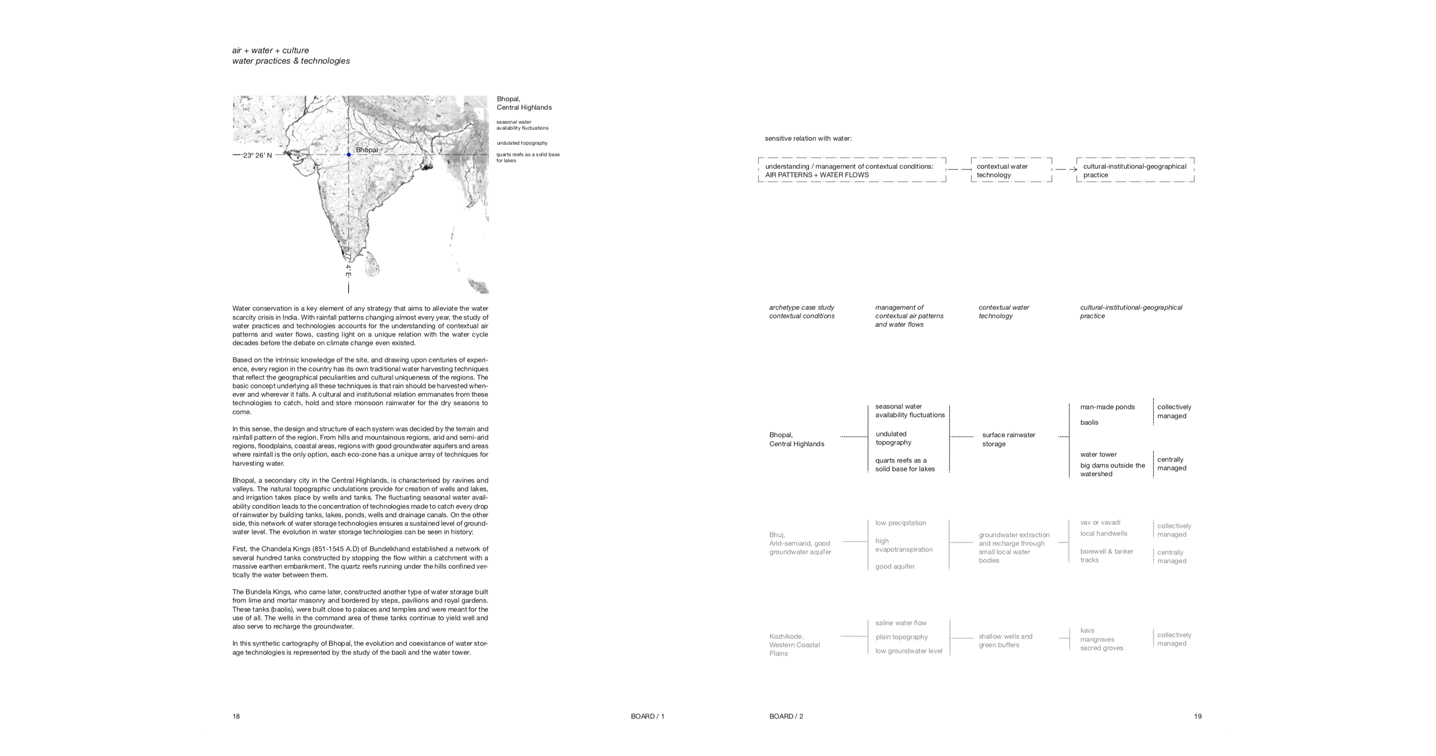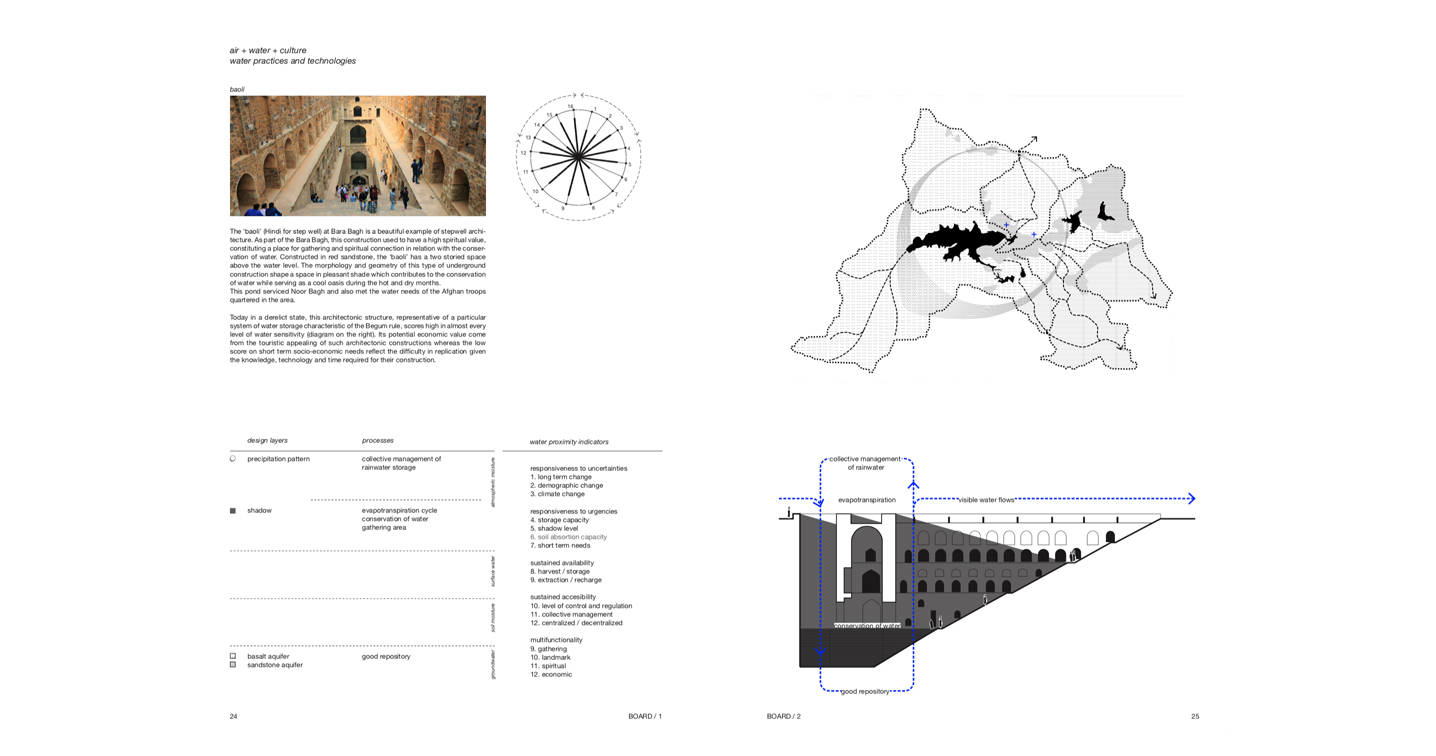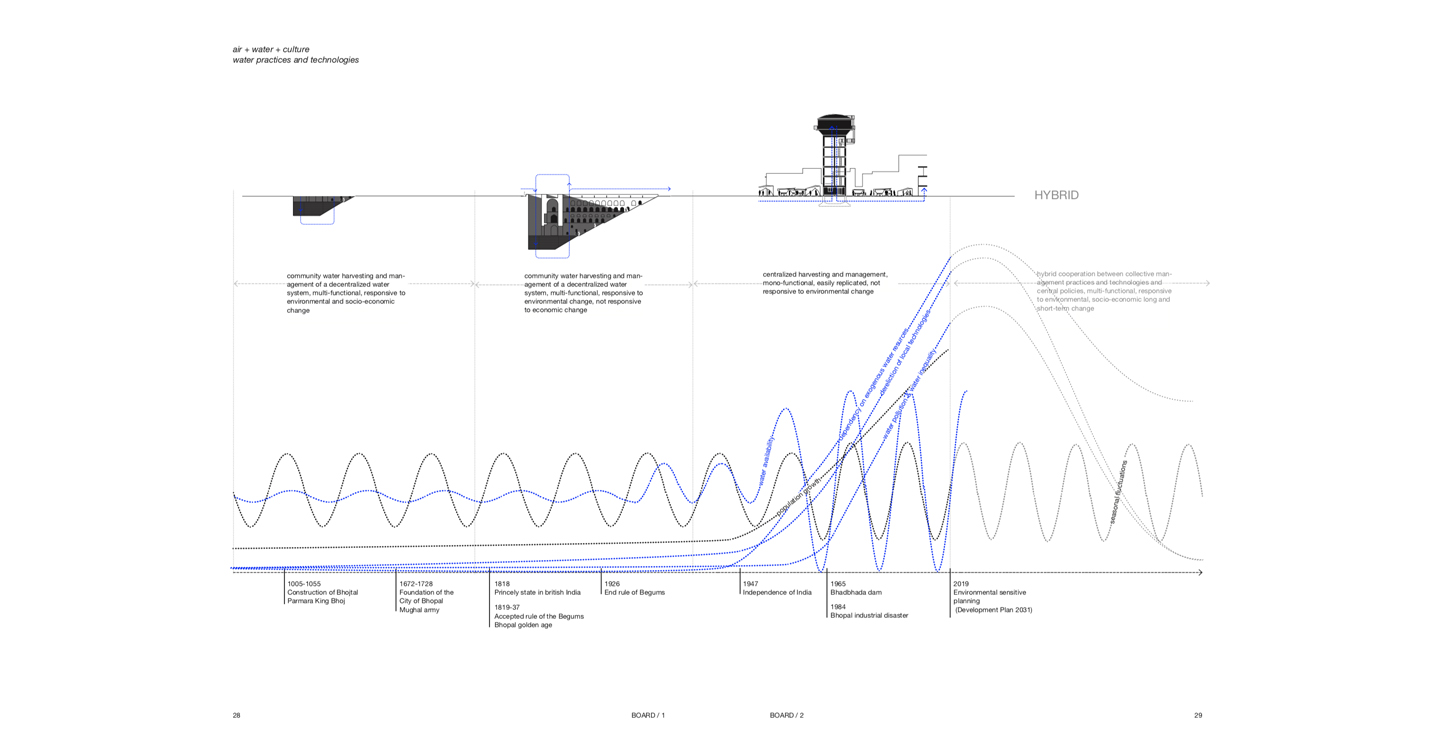NWO-DST Water4Change Multi-annual Research Project
The Water4Change (W4C) research programme addresses the complex challenges to urban water systems faced by fast-growing secondary cities in India and the sustainability transitions that are needed for short- and long-term mitigation of, adaptation to and coping with urgencies and uncertainties. By co-creating a Water Sensitive City Framework and a Fit-for-Purpose Guidelines, W4C aims to enable water sensitive development, accounting for site specificities, knowledge and practices, presenting innovative interventions, practices and design, and policy guidelines.
Manifesto
Contemporary and converging trends, crises and risks, including natural disasters, economic crises, social inequality, climate and demographic change, demand new approaches in managing and using environmental resources. India is a country which is rapidly growing into urban agglomerations showing infrastructure deficits and adaptation gaps in response to current and future climatic, societal and economic change. While key drivers are well understood and technological solutions exist, current approaches will be insufficient to deliver the transformative changes needed to pro-actively deal with and respond to these challenges. Water as a basic necessity for life can both be an agent and a catalyst of positive change if managed in a context sensitive and equitable way. Therefore, to facilitate long-term sustainability, equality and resilience of urban water systems, a holistic, integrative and socio-ecological approach is required in governance, spatial planning, technology, infrastructure design and societal behaviours. These are dimensions that in combination determine ‘equilibrium’ solutions, sensitive to socio-economic, environmental, technical, and procedural conditions that will continue to change in the future. By synergistically connecting 4 realms for the delivery of change, the programme will co-create and mainstream an integrative and applicable water sensitive design framework for livable fast-growing secondary cities in India.
Urban water systems in fast-growing secondary cities
Water can be a leading driver of sustainable change in fast-growing secondary cities. At present in India more than 300 cities with population higher than 100 thousand inhabitants are showing infrastructure and basic services deficits and adaptation gaps in terms of management of stormwater, water supply, wastewater, groundwater, and floods. To be able to provide services to all its citizens in a sustained manner, change is inevitable.
The programme aims to contribute to this change by delivering an integrative and reciprocal (systemic) approach that synergistically combines four fundamental realms: society, built and natural environment, infrastructure and technology, and governance. These are translated into four research and action-oriented dimensions: social innovation, sustainable land-use planning, resilient technology and infrastructure design, and transition management for developing adaptive governance. The programme focuses on the cocreation and mainstreaming of an integrative, fit-for-purpose and context sensitive water sensitive design framework in close collaboration with identified stakeholders.
Uniqueness of the programme
Society, Built and Natural Environment, Infrastructure and Technology, and Governance are key realms that in a reciprocal combination determine the ability to successfully deliver sustainable change. Solutions outside this reciprocal combination will most likely cause resistance expressed by socio-cultural, economic, legal, or technical failures. As these realms evolve in time and space the conditions for these reciprocities will change. The programme is unique in understanding the evolving conditions, constraints and opportunities posed by the 4 realms and determining applicability of solutions and their future change. The programme starts with understanding the spatial, ecological, economic and socio-cultural dynamics, existing technologies and urban water policies. Innovation is found in the smart combination of available technology and policy options, as well as the strategic development of adaptive governance capacity to ensure the implementation of site-specific actions. Three cities are used towards a learning matrix for knowledge sharing of approaches.
Scientific and Contextual Challenges
India is a country which is rapidly growing into urban agglomerations showing infrastructure deficits and adaptation gaps in relation to current and future climatic, societal and economic change. Water stress – pressure on the quantity and quality of water resources – throughout India results yearly in serious problems of water shortages, flooding, pollution and ecosystem damage. In fast-growing secondary cities in India there is a wide variability of these impacts, showing the geographical and contextual reasons behind of potentially contaminated sites, as well as management of water resources. Additional challenges being faced by cities are rapid urbanisation, demands for climate adaptation, shift from a traditional linear organisation to co-production among different stakeholders and the need for experimentation/ open innovation fostering new economic models. This makes political agreement on priorities difficult to achieve without improved information and understanding, particularly about the site-specific dynamics that could contribute or counteract urban water systems regeneration, climate change mitigation, adaptation and the sustainable management of water resources.
Innovation
The framework enables the balance of different types of solutions for water sensitivity and resilience working together according to a context-sensitive, site-specific, and adaptive strategy.
It considers different timeframes and kinds of planning instruments that are integrated and disseminated by:
– Transformative Pathway: incremental regeneration tactics designed according to the assessment of existing technologies and policy options and a clear long-term vision – a pathway/ roadmap approach for deployment of the Water Sensitive City vision along governance, infrastructure, social change and planning dimensions in the three case study cities that ensure equitable water service delivery and climate responsiveness in the short- and long-term.
– Learning Alliances (City-to-City/ Peer-to-Peer learning): which deploys data produced by Water4Change framework for knowledge transfer and capacity building between cities, the trans/inter-disciplinary research and education community working on innovative WSC and the general public. The uniqueness of the learning strategy is the use of three exemplary cities and selected case studies where transformative practices will be documented in a learning matrix for knowledge sharing of approaches.
For more information please visit: https://w4cproject.org/about/
Scientific Lead (Netherlands): Taneha Kuzniecow Bacchin
Photo by Raquel H. Silva
